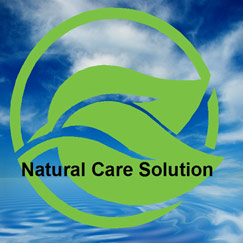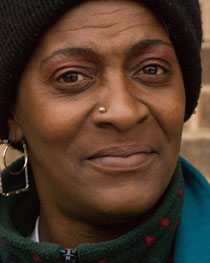
Breast Cancer Prevention: Canadian Cancer Society Recommends Vitamin D3 to Reduce Breast Cancer RiskBy Keith D. Bishop, Clinical Nutritionist, B.Sc. Pharmacy - June 2007 The Canadian Cancer Society recommends taking vitamin D3 during the fall and winter to reduce the risk for colorectal cancer, breast cancer and prostate cancer.Research studies demonstrate people with lower vitamin D3 levels have a greater risk of developing cancer. Supplemental vitamin D3 seems to reduce cancer risk.
Adults living in Canada should consider taking 1,000 international units (IU) of vitamin D3 supplements a day in the fall and winter, when sun exposure in the country is not high enough to produce adequate vitamin D naturally. Adults at higher risk of having vitamin D3 deficiency should consider taking the 1,000 IU supplement year round. Factors that increase the risk for vitamin D3 deficiency include:
In June of 2007 the American Journal of Clinical Nutrition published a vitamin D3 and calcium study of
1,200 women in Eastern Nebraska. There were about 37 cases of breast cancer in 1,000 women. When vitamin D3 and
calcium were given, the risk of cancer was reduced by about half, to 18 cancers per 1,000 women, compared to
placebo. Researchers state: “Improving calcium and vitamin D nutritional status substantially reduces all-cancer
risk in postmenopausal women.” Reference Sources: A daily dose of 1,000 iu of vitamin D3 may not be enough. Additional studies show more than half of the
U.S. population is deficient in vitamin D3. A 25-hydroxyvitamin D3 blood test is the only way to know how much
vitamin D3 you should be taking. A word of caution: The prescription capsule form of vitamin D is not the natural form of vitamin D3. It is
vitamin D2 and is about ¼ to ½ as strong as the natural vitamin D3 called cholecalciferol. Vitamin D3 appears to help cell recognize what kind of cell they should become or when they should stop
proliferating. Sunshine exposure and fatty fish and egg yolks are the only natural sources of vitamin D3. Alternative Breast Cancer Treatment Strategies
| |||||||||||
More Natural Cancer Food and Lifestyle News:
Click here to email this page to a friend. |
|
Why should you and your doctor
have an interest in Natural Cancer Treatment
Products? "Sixty-two percent of cancer drugs approved by the U.S. FDA between 1981 and 2002 were of natural origin."^ |

|
Natural Cancer Reports
-Medical Research Based Natural Cancer Treatment and Alternative Cancer Treatment
Information
The information and contents of this website and reports are based upon medical, university
and health industry cancer research information.
Consult with your physician or a qualified health care provider before making any changes in your medical or
cancer treatment program.
^Review Medicinal plants from Peru: a review of plants as potential agents against
cancer. Gonzales GF, Valerio LG Jr.
Anticancer Agents Medicinal Chemistry. 2006 Sep; 6(5):429-44.
*The FDA has not evaluated these statements about dietary
supplement nor any information on this website.
Dietary supplements are not intended to diagnose, treat, cure, or prevent any
disease.
Copyright © 1998-2016 All Rights Reserved NaturalCancerReports.com Natural Care Solution,
LLC.
